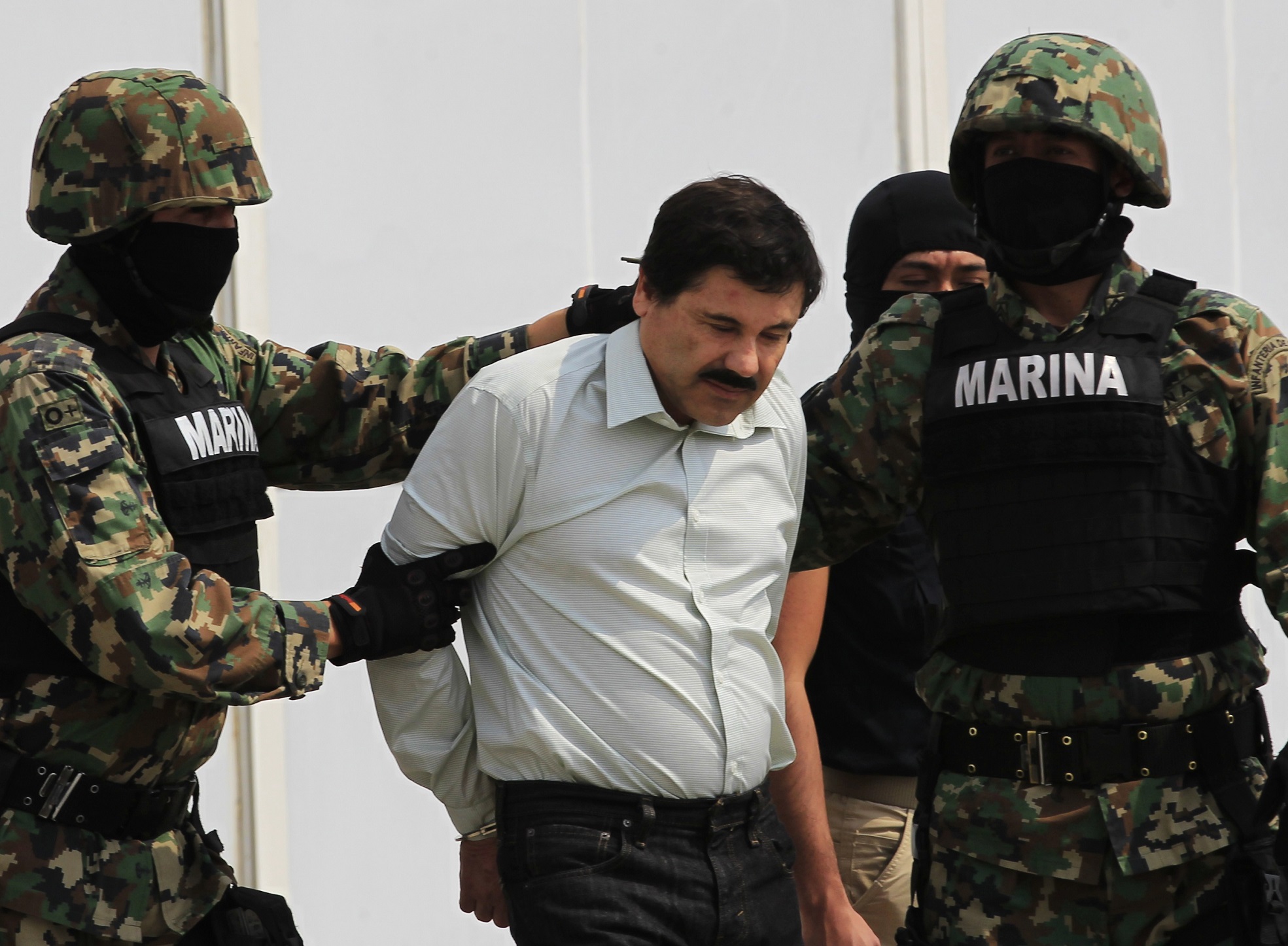BOOM! – Viral video explains why they war on drugs is failing and how we can fix it
by Andrew Emett
The Free Thought
Although alcohol prohibition miserably failed decades ago, the war on drugs continues unabated with no end in sight. While succinctly explaining the inherent failings caused by the drug war, including no-knock raids and the mass incarceration of nonviolent criminals, a new viral video offers an alternative solution to treating drug addiction.
In an effort to appear tough on crime, President Richard Nixon declared a war on drugs in June 1971. Responsible for establishing the use of no-knock search warrants and mandatory sentencing, Nixon also categorized marijuana as a Schedule I drug alongside heroin and LSD. During a press conference in 1972, Nixon stated, “This is one area where we cannot have budget cuts because we must wage, as I have called, total war against public enemy number one in the United States: the problem of dangerous drugs.”
After more than four decades of waging total war against drugs, the U.S. government remains nowhere near ending drug abuse nor the unintended consequences caused by the war on drugs. According to a new video titled Why The War on Drugs Is a Huge Failure, the drug war “led to mass incarceration in the U.S.; to corruption, political destabilization, and violence in Latin America, Asia, and Africa; to systemic human rights abuses across the world.”
Although the war on drugs primarily targets drug manufacturers and suppliers, the demand for drugs remains consistent regardless of a decrease in the supply. Citing an economic term known as “The Ballon Effect,” the video shows how large decreases in the supply did nothing to stem the demand for crystal meth. Attempting to decrease the manufacturing of meth, the U.S. government restricted access to the chemical P2P. Despite the fact that large meth manufacturers went out of business, thousands of smaller meth labs popped up across the country. Even as law enforcement agencies shut down the meth labs and state legislators restrict access to further chemicals, Mexican drug cartels continue to smuggle in meth and feed the demand in the U.S.
“With a budget of around $30 billion, the U.S. Drug Enforcement Agency has an efficiency rate of less than one percent when it comes to stopping the flow of drugs into the U.S. and inside the U.S.” the video explained. “Prohibition may prevent a certain amount of people from taking drugs, but in the process, it causes huge damage to society as a whole. Many of the problems we associate with drug use are actually caused by the war against them.”
Enacted as the 18th Amendment to the Constitution in 1919, alcohol prohibition led to an increase in hard liquor sales because it was easier for bootleggers to smuggle smaller amounts of more potent alcohol. Like alcohol prohibition, drug prohibition leads to a rise in violent crimes as rival organizations are unable to settle disputes in a court of law. Repealed in 1933, alcohol prohibition was the only constitutional Amendment ever repealed.
“According to some estimates, the homicide rate in the U.S. is 25 to 27 percent higher because of the war on drugs,” the video continued. “And in Mexico, the country on the front line, an estimated 164,000 have been murdered between 2007 and 2014, more people than in the war zones of Afghanistan and Iraq in the same period combined.”
The U.N.’s 2015 World Drug Report found that “global opium poppy cultivation in 2014 reached its highest level since the late 1930s.” Approximately 187,100 people died as a result of drug-related deaths in 2013, including overdose, violence, and exposure to HIV/AIDS. The U.N. also discovered that an estimated 1.65 million of those who inject illegal drugs were living with HIV in 2013.
While experiencing a severe drug problem during the late 1980s and early 1990s, Switzerland suffered from an increase in violent crime, a rise in the number of injection drug users, and the spread of AIDS. Instead of continuing the failed war on drugs, Switzerland introduced a new strategy referred to as harm reduction. In 1994, the Swiss began offering heroin-assisted treatment to drug addicts as an alternative to locking them up and forcing them to go through withdrawal or purchase drugs smuggled into the prisons.
In 1994, 77.5 percent of heroin recipients were under the age of 35. In 2011, only 17.4 percent were under 35 according to the Swiss Institute for Addiction Research. By treating drug addicts instead of criminalizing them, Switzerland has seen a 60 percent drop in felonies committed by patients and an 82 percent drop in patients selling heroin. By offering clean needles, the Swiss have reduced the rate of Hepatitis and HIV infections. Due to the quality of the heroin and precise dosages, no patient has overdosed since the inception of the program. And because patients are not committing as many crimes, the Swiss are saving money in lowered costs for courts and police.
“So there are methods that are not only way cheaper but also actually work instead of creating more problems,” the video concluded. “Drug prohibition led to a system that bulldozes human rights, costs vast sums of money, and creates a lot of human misery, all in pursuit of an unattainable goal. After 40 years of fighting, it’s time to finally end the war on drugs and move on to something better.”
The war on drugs has resulted in the rise of violent cartels, mass incarceration in the U.S., and human rights atrocities committed around the world. The war has failed. Nixon failed.
But countries such as Switzerland, Germany, Belgium, and Denmark have found a new method to reduce violent crime, disease, and drug-related deaths. If Holland, England, Spain, and Canada have the courage to run harm reduction trials in their countries, what is stopping the U.S. government from seeking a viable alternative to the failed war on drugs?



